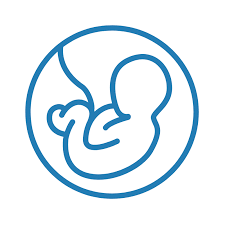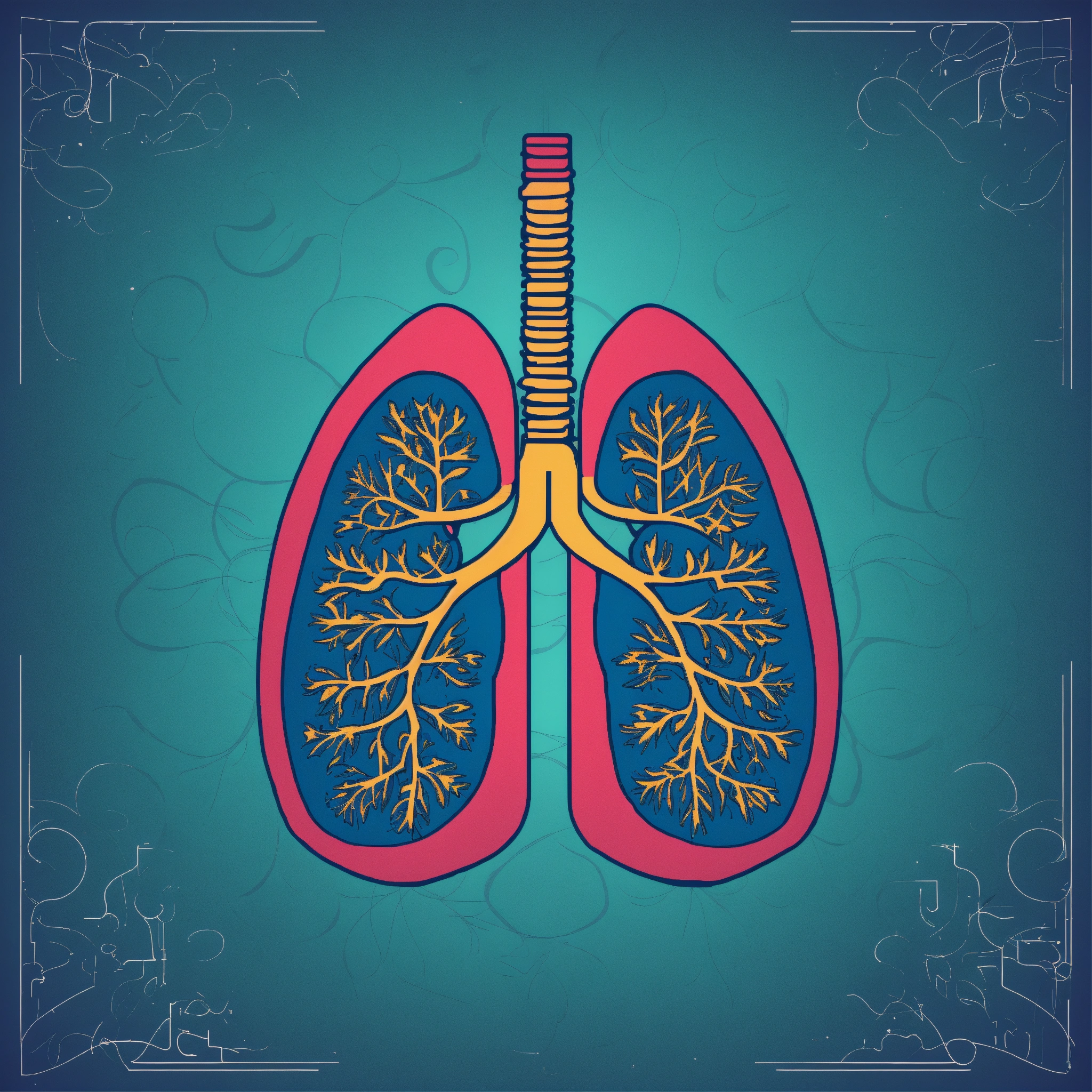- Participants learn to recognize the signs and symptoms of UTIs, particularly in cases where confusion is present. This includes understanding typical UTI symptoms such as urinary urgency, frequency, dysuria, and hematuria, as well as recognizing atypical symptoms such as confusion, delirium, or altered mental status.
- The simulation provides an opportunity to differentiate UTI-related confusion from other potential causes of altered mental status, such as medication side effects, dehydration, electrolyte imbalances, or neurological conditions. Participants learn to conduct comprehensive assessments and consider various factors when diagnosing UTIs with confusion.
- Participants learn about the appropriate diagnostic tests and procedures for confirming UTIs, including urinalysis, urine culture, and blood tests. They gain insights into interpreting test results and using clinical judgment to make accurate diagnoses.
- The simulation covers treatment options for UTIs with confusion, including antibiotic therapy, fluid management, and symptomatic relief. Participants learn about the importance of prompt and appropriate treatment to prevent complications and improve patient outcomes.
- Participants explore strategies for preventing UTIs in high-risk populations, such as older adults or individuals with urinary catheters. This may include promoting proper hygiene practices, encouraging adequate fluid intake, and implementing infection control measures in healthcare settings.
imaginX is used by many amazing schools and universities
University / College

























